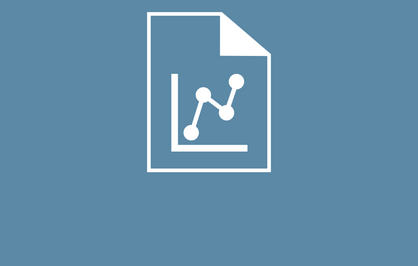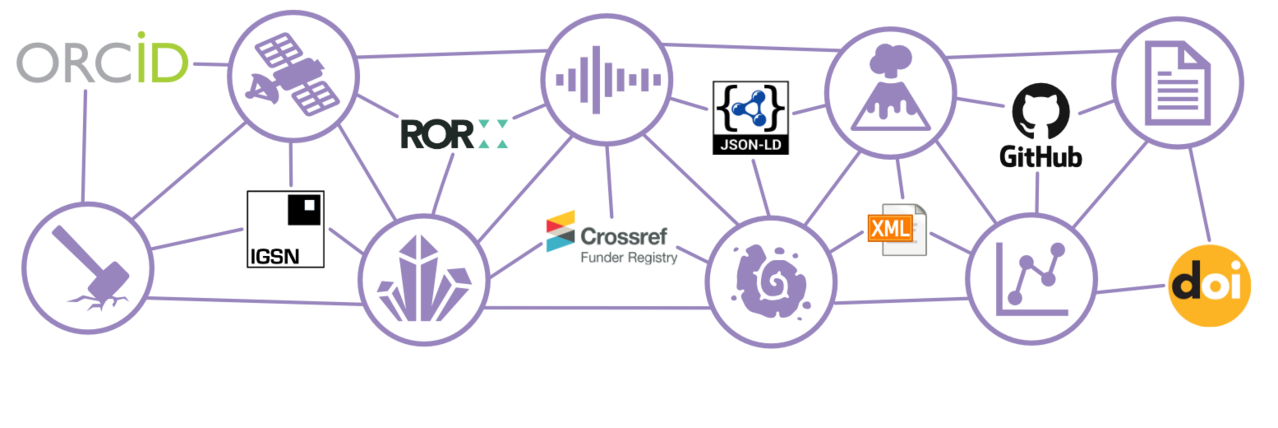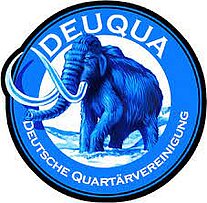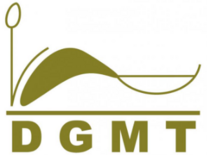Search engine for geological maps (FID GEO)
The interactive overview map on GEO-LEOe-docs provides access to the online freely available sheets of the geological maps GK25 and GK50. Map sheets already available on GEO-LEOe-docs are listed, usually complemented with the associated explanatory booklets. Researchers may propose public domain map sheets of the GK25 for digitization by the FID GEO free of charge.
Search engine for topographic maps (SIS Maps)
Our partner, the Specialised Information Service for Cartography and Geodata (SIS Maps), offers various map catalogues on its website, including a high volume of topographic map series with links to the world's national and regional geoportals as well as links to various country-specific Grids&Datums.
Search alphabetically by country name under: Topo-List.
GEO-LEOe-docs is the geoscientific repository for texts and geological maps, maintained by the FID GEO and operated at the Göttingen State and University Library (SUB Göttingen). GEO-LEOe-docs serves as a platform for Green Open Access publications (secondary publications). It also offers an interactive overview map with access to digitised geological maps (GK25). On GEO-LEOe-docs all documents are freely accessible and referenced with DOI. Various ongoing net publications are released here as digital first publications.
GFZ Data Services is the subject-specific research data repository for the geosciences and related disciplines, through which research data have been published with DOI since 2004. Today, GFZ Data Services is an internationally recognized repository for citable and DOI referenced geoscientific data, software and the assignment of International Generic Sample Numbers (IGSN = PID for physical samples).
News
Enabling FAIR Data in the Earth, Space and Environmental Sciences
With this claim, publishers, data repositories, scientific societies and institutions have come together in the Enabling FAIR Data coalition to improve the foundations for the handling of data that benefits the entire research community and, beyond that, the whole society. A set of guidelines and guidance has now been published with the aim of implementing the planned measures in one year. Key objectives include:
- Data is no longer published as supplements to journals, but in data repositories
- Data citations are executed with DOIs (Digital Object Identifiers)
- Data citations in reference lists of the articles will be the standard
The initiative and its current findings are presented in a recently published article: Stall, S., et al. (2018), Advancing FAIR data in Earth, space, and environmental science, Eos, 99, https://doi.org/10.1029/2018EO109301. 05th November 2018.
Additional Information
The following links provide further information and advice on the best practice of open and FAIR dealing with research data in the Earth, space and environmental sciences:
- Link to Commitment Statement is here: https://tinyurl.com/y74qhubs
- Link to FAQs here: https://tinyurl.com/yab3yyej
- Link to publication targeted to editors in Science Editor (publication date 1 Nov 2018): https://tinyurl.com/y7v63er3
- Use the Joint Declaration of Data Citation Principles: https://tinyurl.com/yafn4cah
- Examples of data citations within Earth, space and environmental sciences can be found here: https://tinyurl.com/yaebxjt8 developed by the #ESIP Data Stewardship Cluster
- Software is a research product that should be cited on the same basis as articles and data wherever possible, principles are here: https://tinyurl.com/ydh9q4k2
- Physical samples can be registered with International Geo Sample Numbers #IGSN, further information here: https://tinyurl.com/ydxxg76h
- You can support the #FAIRData movement by signing up to the Commitment Statement: https://tinyurl.com/y74qhubs as an individual, repository, publisher, community, society, institution or funder











![[Translate to English:] Deutsche Geologische Gesellschaft - Geologische Vereinigung](/fileadmin/_processed_/e/e/csm_DGGV-Logo_164_89ea9c71c0.png)
![[Translate to English:] Das Geowissenschaftliche Studentische Erfahrungs- und InteressensNetzwerk](/fileadmin/_processed_/d/5/csm_Gestein_Web_Logo_c9a4cdaff8.png)



![[Translate to English:] Deutsche Mineralogische Gesellschaft e.V.](/fileadmin/_processed_/5/8/csm_DMG_96aeefffbf.jpg)


